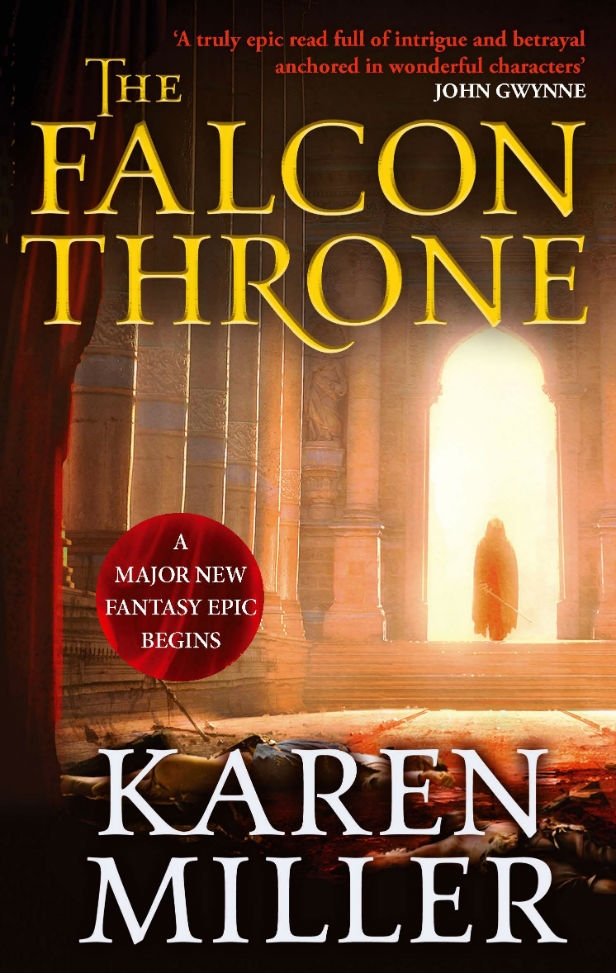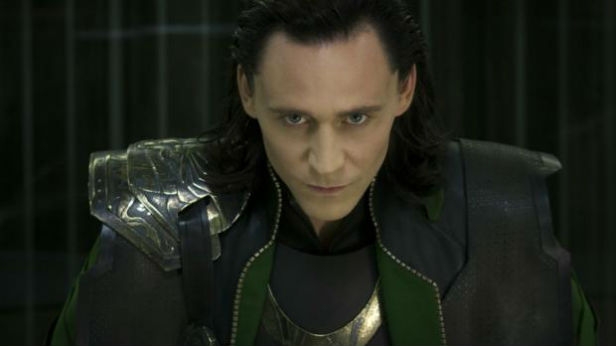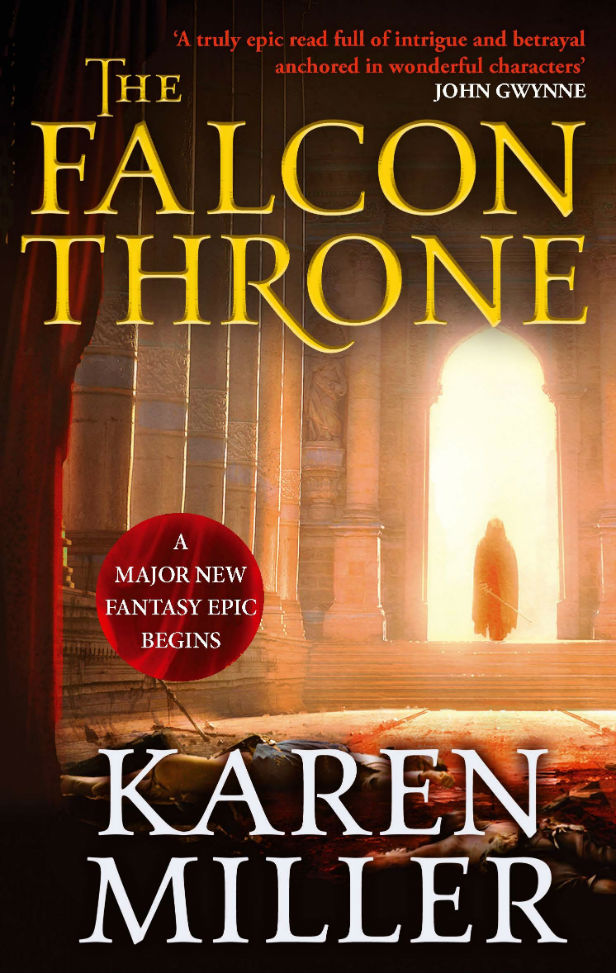 Writing the Villain: or Learning to Love Your Inner Darth Vader
Writing the Villain: or Learning to Love Your Inner Darth Vader
On 27th July 2015, Orbit Books is launching a free online fantasy writing workshop on Orbitbooks.net led by million-copy bestselling Karen Miller – whose most recent release is the epic fantasy The Falcon Throne. Read on for some advice from Karen on writing your perfect fantasy villain . . .
It’s generally a given that an actor will tell you how much he or she prefers to play the villain. And why wouldn’t they? Villains have all the fun! They get to do the things we good guys only wish we could do. Well, usually. Probably most of us don’t fantasise about torturing people or razing entire villages, but certainly there’s a thrill in the notion of a life unconstrained by pesky rules.
Leo Tolstoy once famously said: “All happy families are alike; each unhappy family is unhappy in its own way.” The same can be said about fictional characters. All good guys are alike; each bad guy is bad in his or her own way. And it’s all the different ways a villain becomes a villain, the twists and turns of their lives that turn them into the story’s antagonist, that makes them so rewarding to read – and write
A hero is a hero is a hero – it’s really tough to make the purely goody good guy a compelling character. They do the right thing. End of discussion. Without some darkness, light is pretty wishy washy. True, Marvel and Chris Evans have managed to make Captain America/Steve Rogers compelling, even though there appears not to be an even mildly villainous bone in his body. Leaving aside the question of just how Chris Evans fills out his uniform, I’m still trying to figure out the why and how of that. Possibly it’s the pathos of him that makes us invest in him so deeply
Other than that example, however, the unrelenting good guy is, across the board, pretty bland. I mean, there’s a reason Han Solo ended up kind of ruling Star Wars. He was a naughty hero. He got his hands dirty. (He also shot first, but that’s a different discussion.) Han had nooks and crannies, he had hidden depths and secrets. When he did good it was because he’d fought his demons and won, not because the idea of not doing good wouldn’t occur to him. And that is how a writer creates narrative tension. If there’s only one possible choice to make then the outcome is predictable and therefore dull. But if there are many choices and some of them are the wrong choices which will lead to terrible outcomes, the reader can’t help but be fraught with anxiety. Which is what a writer wants: readers dripping with sweat, fingers crossed to breaking point in the hope that the characters will do the right thing.
But that’s heroes. The next stop along this continuum is, of course, the villain. The unrepentant bad guy. The adversary our heroes – the goody good guys and the naughty ones – must defeat if there’s to be a happy ending. But having said that, there is a caveat. Because if an unrelenting goody good guy is bland and boring, so is an unrelentingly bad villain. I’m thinking Red Skull in Captain America: The First Avenger and Malekith in Thor: The Dark World. They were pretty much plot widgets. Insert Villain here bad guys. No depth, simply dastardly acts designed to prod the heroes into action. And no question, ever, that they might repent of their evilness or even have a momentary doubt or end up winning the fight. Like I said. Boring.

Compare them to, say, Loki in Thor and The Avengers. Loki is a fully-rounded individual. He loves as well as hates. He has – at least by his reckoning – good reason for his villainy. And it’s because he’s capable of love, because we see him do good as well as evil, that we are compelled by his story. We see his pain as well as his wickedness. He’s jealous of Thor but he loves him, too. Who hasn’t felt that about a sibling or a friend? When we see his bewildered hurt and sense of betrayal as he learns of his true parentage, we feel his wounds. And when he revels in his wrong-doing there’s a part of us that revels with him, because we’ve all been hurt and angry and dreamed of revenge.
And let’s not forget Darth Vader. Okay, to be fair, he wasn’t much more than a widget in the first Star Wars film – but he had class and style and come on, let’s face it: who hasn’t dreamed of smiting an inefficient government bureaucrat or two? Even if he was widgety, Vader made an impression. But it turns out he was more than just a tall asthmatic dude in a black helmet. He had a history. His own story. We got a hint of it in the first film, when Obi-Wan danced around his origins to keep the truth from Luke. But by the end of the first (or second, depending on how you look at it) trilogy, Darth Vader was a villain with deep regrets, a villain in pain, who desperately wanted to reconnect with his son. A villain who gave his own life so that son would live, and in doing so helped to kill the man who some think was the true villain – Emperor Palpatine.
It’s this kind of villain that actors really love to play, because they get to explore a range of human emotions, strengths and frailties. Likewise, it’s this kind of villain that’s most fun to write, and who stirs up the strongest emotions in the reader. And that’s because this kind of villain is deeply human, and therefore someone to whom we can relate – even though we might not want to . . .
The Falcon Throne by Karen Miller is available now in paperback.
If you’d like more writing advice from Karen Miller and would like to take part in Orbit’s communal online “write-along” fantasy challenge starting on 27th July 2015, follow @OrbitBooks on Twitter and look for the hashtag #OrbitFantasyWorkshop, or sign up to the Orbit newsletter here.
